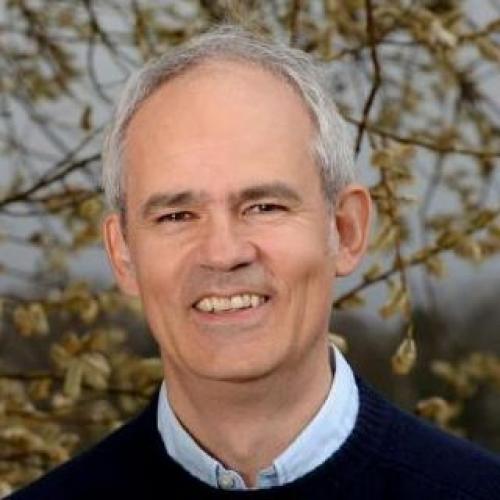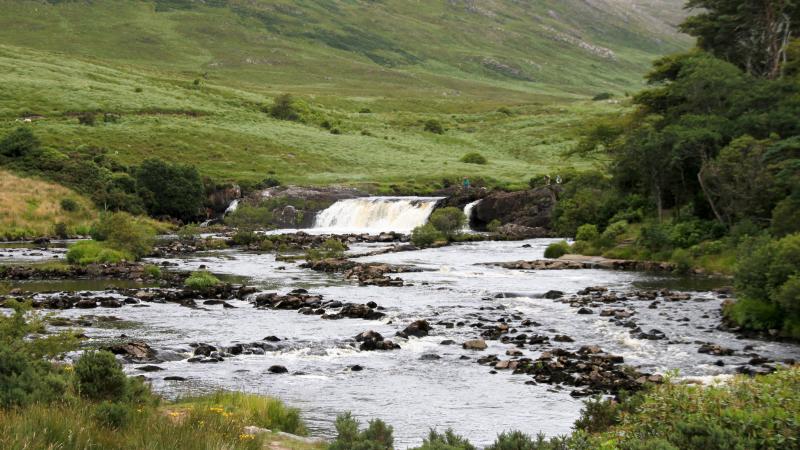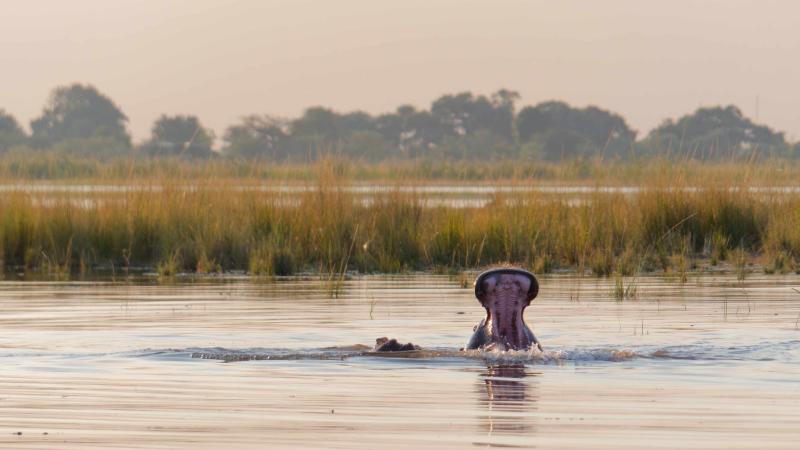Prof. Mark Gessner | Photo: David Ausserhofer
“I am honoured to be elected and will do my best to live up to the trust and mandate of the society members in these turbulent times for science”, said Professor Gessner after his election. He is the first President of the Society based at a research organisation outside of North America.
Today's Society for Freshwater Science, SFS for short (https://freshwater-science.org/about), was founded in 1953 by 13 charter members in the Midwestern USA who shared interest in the taxonomy and ecology of benthic macroinvertebrates. The organization has since grown enormously in both size and scope. “Without neglecting the roots, the ever-expanding scope of research represented by the SFS must be fully embraced – from molecules to organisms and whole ecosystems all the way to the landscape level,” said Mark Gessner. “This comprises fundamental questions about biodiversity and the functioning of freshwaters as much as solutions to ecosystem protection and restoration.”
As the future president, Mark Gessner is keen to continue furthering intellectual exchange within the scientific community while reinforcing the bonds between research and society. A cause that lies close to his heart is to raise the visibility of the journal Freshwater Science published by the SFS and to develop support mechanisms that will smoothen successful career paths in water research and management for young scientists.







